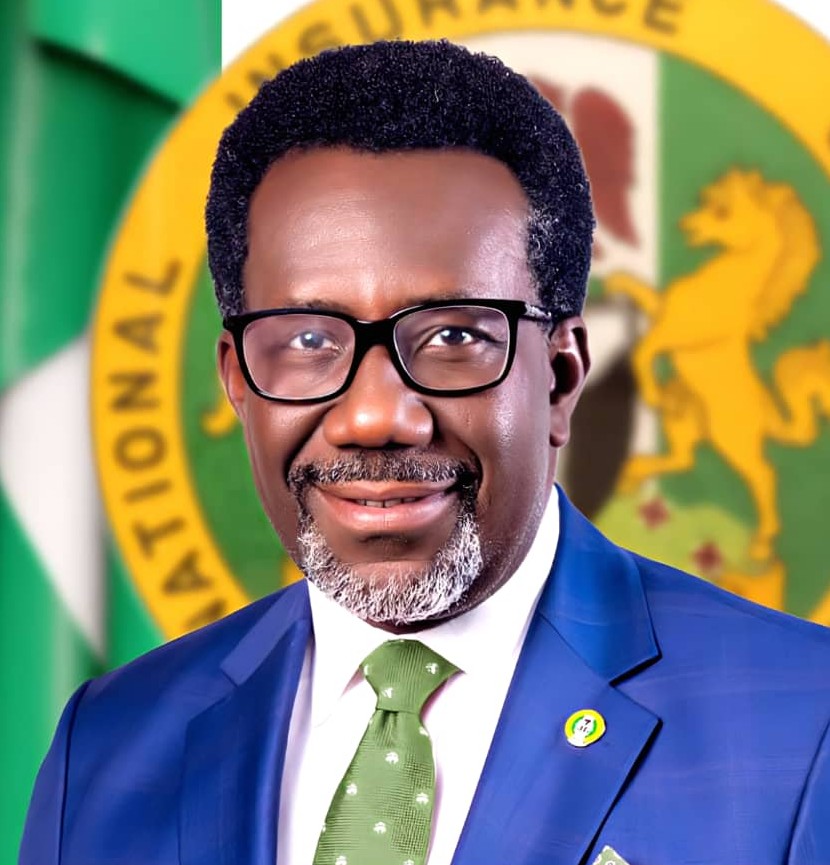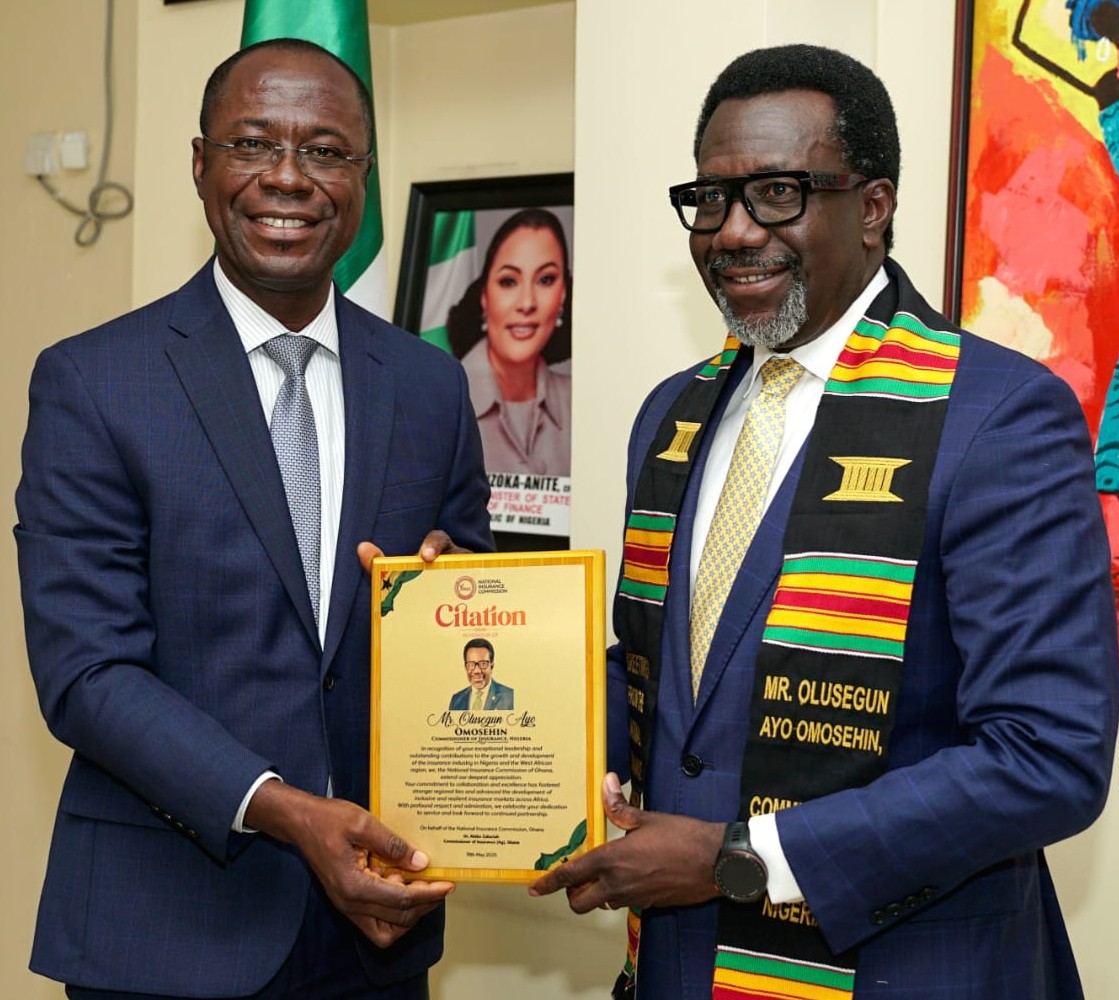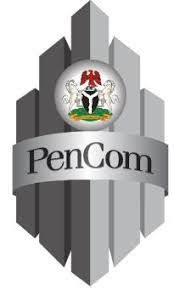By Sola Alabadan
The Commissioner for Insurance and chief executive of the National Insurance Commission (NAICOM), Mr. Olusegun Omosehin, says the commission is working with other regulators in Nigeria to develop more Shariah-compliant investment opportunities for Takaful and other non-interest financial institutions in the economy.
He disclosed this on Tuesday in Lagos at the 2nd Edition of the African Takaful
and Non-Interest (Islamic) Finance Conference, themed: “Islamic Finance and Takaful: Building Resilience in a Volatile World.” It was organiséed by to Noor Takaful.
As we continue to navigate an era marked by economic volatility, environmental challenges, and social upheavals, the need for innovative solutions is paramount.
While conventional financial systems often fall short in addressing the multifaceted risks faced by individuals and communities, Islamic finance offers a unique perspective rooted in ethical principles and social responsibility.
Islamic finance is not merely a set of financial products; it is a comprehensive system promoting fairness, transparency, and risk-sharing. At its core, it encourages investors to
consider the social, ethical, and environmental implications of their financial decisions. This holistic approach is particularly relevant today, where the consequences of financing extend beyond mere profit and loss.
Driven by increasing demand for Shariah-compliant financial services, Islamic finance in Nigeria is growing rapidly. The sector accounts for approximately 2-3% of Nigeria’s total financial market, valued at $3.8 billion. Sukuk dominates the market at 59.3%, followed by
non-interest banks at 39.8%, and Islamic funds and Takaful at 0.9%. The Islamic financial industry comprises four non-interest finance banks, five Takaful companies, 15 microfinance
institutions, and 10 non-bank financial institutions.
Central to Islamic finance is the concept of Takaful, or Islamic insurance. Unlike conventional insurance, which often involves risk transfer and interest, Takaful is a Shariah-compliant form of insurance based on mutual cooperation and shared responsibility. Participants contribute to a common fund, which is used to support those in need, fostering a sense of community and solidarity.
In a world where climate change, health crises, and economic instability threaten our livelihoods, Takaful offers a resilient framework that provides not only financial protection but also a safety net that empowers individuals and communities to recover from adversities.
By promoting risk-sharing and collective responsibility, Takaful helps mitigate the impact of unforeseen events, enabling families and businesses to bounce back more effectively.
The principles of Islamic finance and Takaful are especially pertinent in enhancing resilience through risk mitigation, social justice and sustainable development.
Permit me to briefly re-emphasize the three key ways they contribute:
Risk Mitigation: Islamic finance encourages diversification and ethical investment, reducing exposure to high-risk ventures. Takaful, specifically, spreads risks among participants, making it easier for individuals to access necessary financial support during crises.
Social Justice: The emphasis on fairness and equity in Islamic finance ensures that even the most vulnerable members of society are protected. Takaful promotes inclusivity, allowing individuals from various socio-economic backgrounds to participate in risk-sharing, thereby fostering social cohesion.
Sustainable Development: Islamic finance aligns closely with the principles of Sustainable Development Goals. By prioritising investment in ethical and socially responsible enterprises,
it contributes to economic stability while addressing environmental and social challenges.
The National Insurance Commission has been instrumental in promoting the growth of the Takaful industry in Nigeria through several initiatives. Since issuing the Takaful Operational
Guidelines in 2013, the Commission has licensed five Takaful operators, with the concept gradually gaining acceptance.
Although Takaful currently represents 1-2% of the insurance market, the future outlook is promising, considering the average annual growth rate of over 34% in contribution generation recorded by the industry in the last four years.
The Commission has undertaken several initiatives to support the Takaful industry. The initiatives include the application of risk-based capital system which affords takaful operators
a more relaxed minimum capital requirements, the proportionate qualification requirements, which facilitate new entrants into the Takaful market in Nigeria, and most importantly, the Market Conduct and Enterprise Risk Management Guidelines for Takaful and Retakaful operators which were issued to ensure best practices and effective risk management.
Furthermore, several stakeholder engagement and sensitization workshops have been conducted to raise awareness and educate the public about Takaful and its benefits.
We have and continue to collaborate with international standard setting organizations like the Islamic Financial Services Board, and Accounting & Auditing Organization for Islamic Financial Institutions to provide requisite regulatory guidelines, technical training and support for the industry, among other initiatives.
As we face global challenges such as pandemics, environmental hazards, and geopolitical uncertainties, the resilience offered by Islamic finance and Takaful becomes increasingly vital.
The recent pandemic has highlighted the fragility of our existing systems and has shown that
sole reliance on conventional models may not suffice in times of crisis. The Islamic financial
sector has the potential to innovate, adapt and create products that cater to emerging needs.





